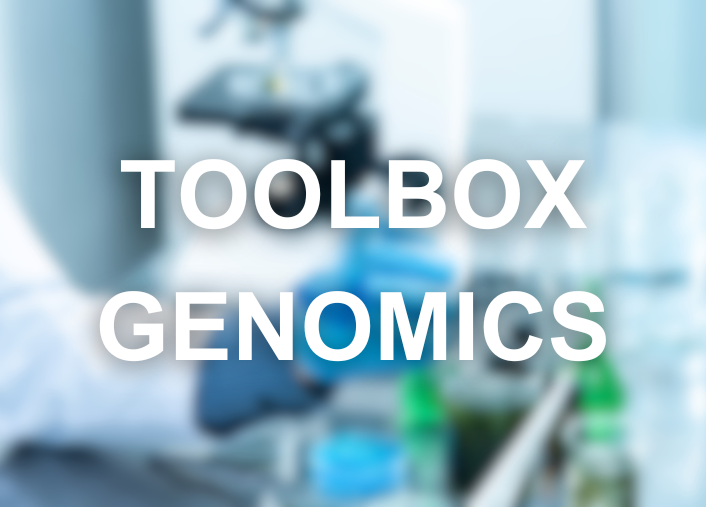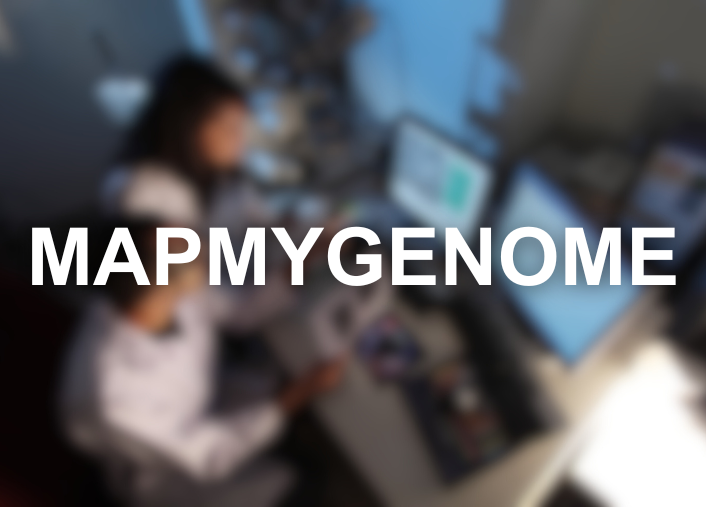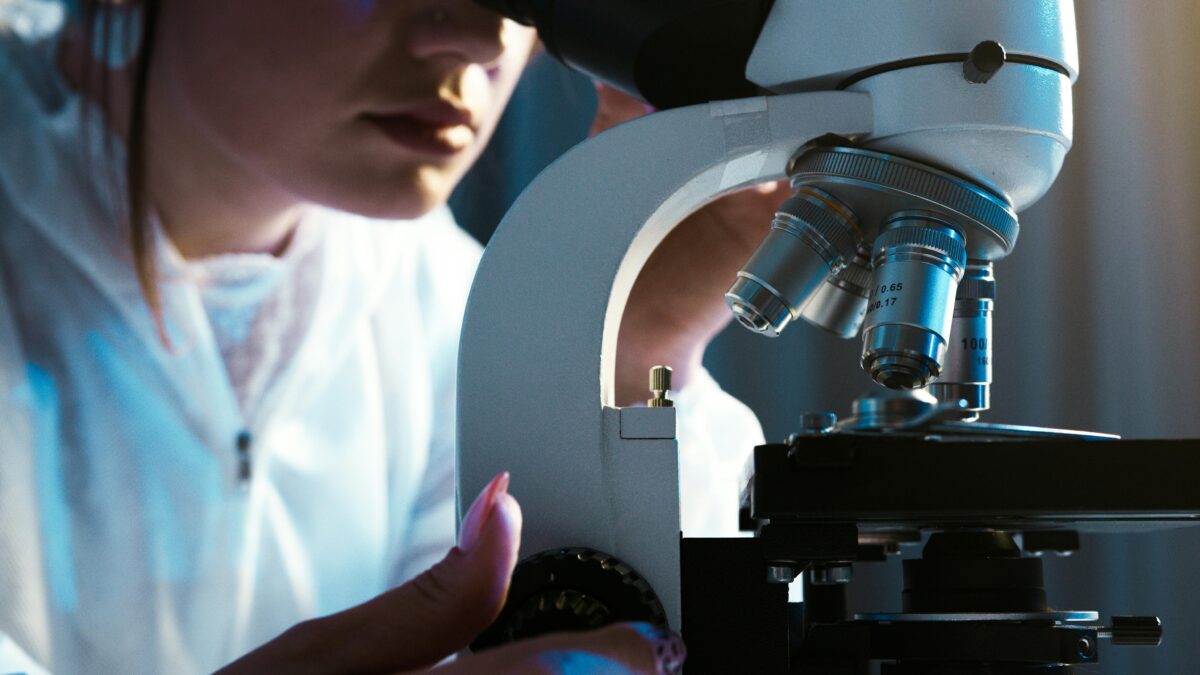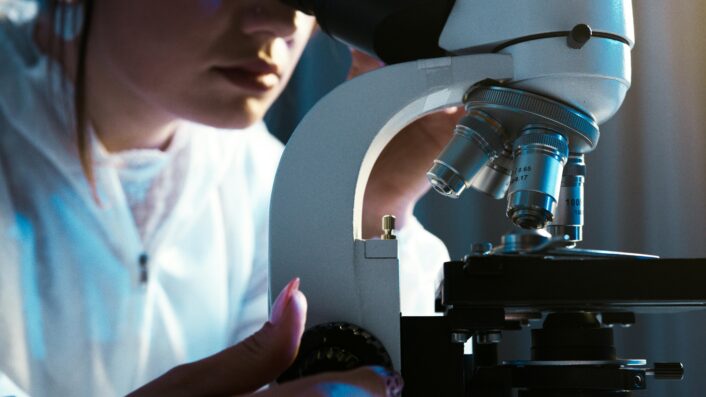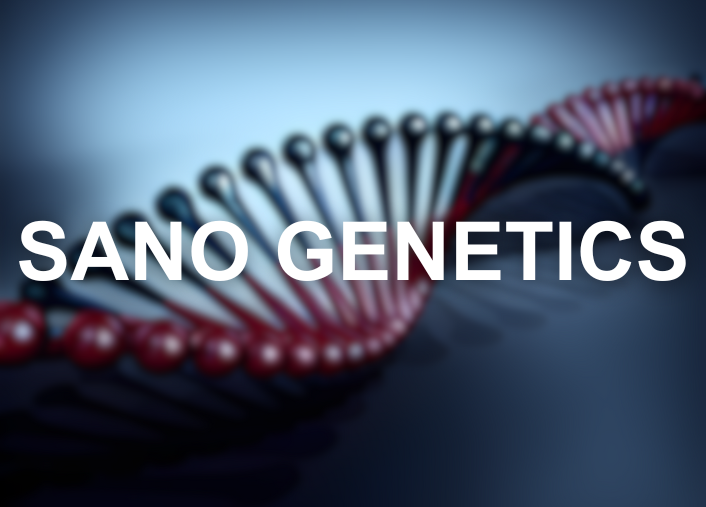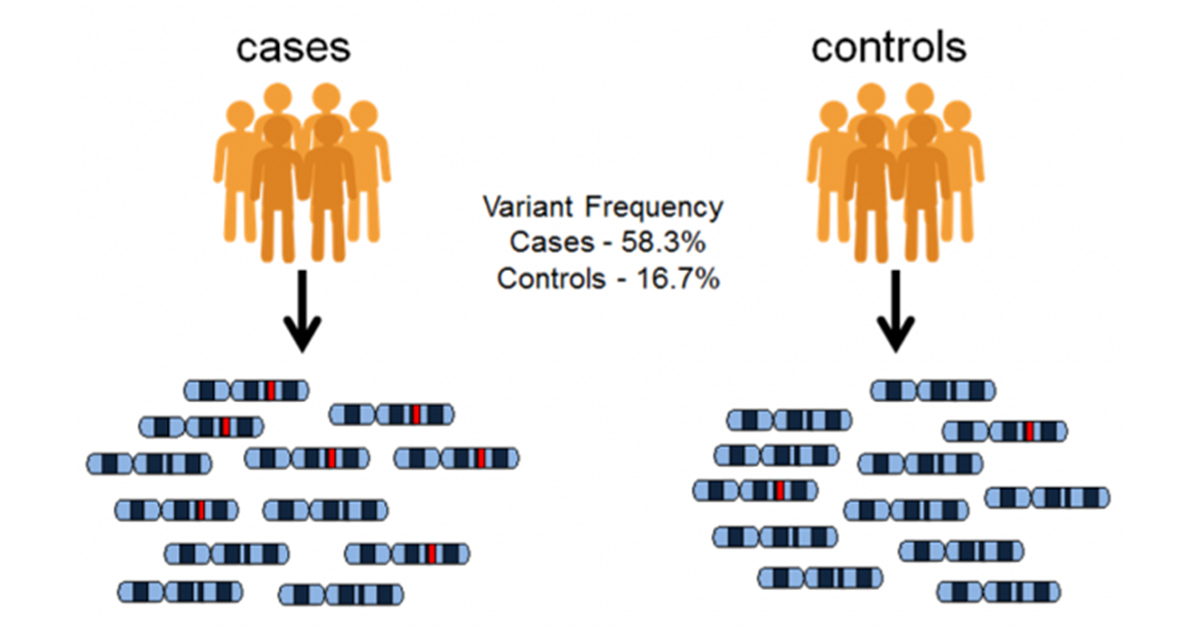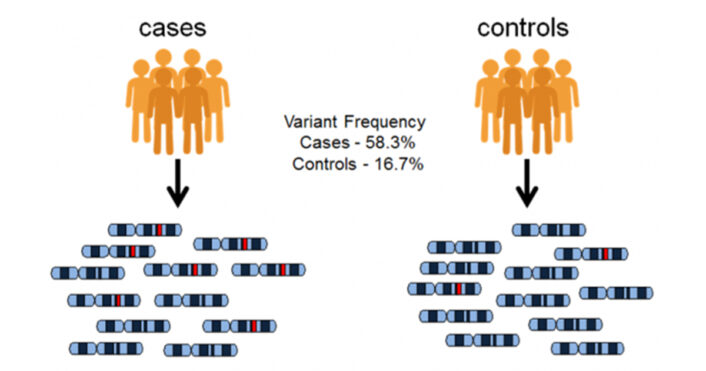24Genetics: Everything You Need To Know
Aira
on
March 5, 2024
24Genetics is a European biotechnology company specializing in genetic testing and analysis, providing consumers and healthcare professionals with insights into various aspects of genetics. Their services encompass DNA testing options, including health, ancestry, nutrigenetics, pharmacogenomics, talent and personality, skincare, and sports genetics tests.
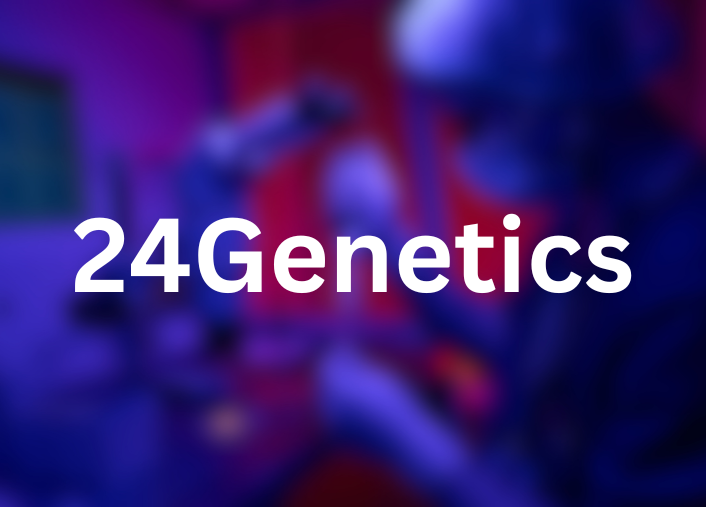
Services
DNA Origins Test
The 24Genetics ancestry test explores more than 1,500 regions, positioning it as one of the most comprehensive ancestry DNA tests available globally. Customers can expect to uncover a variety of insights into their heritage, including:
- Detailed Geographic Ancestry: Identification of specific world regions that have influenced an individual’s genetics
- Historical Ancestry: Insights into the historical eras and significant events that have contributed to shaping one’s lineage
- Ethnic Ancestry: An exploration of the diverse ethnicities and cultures that constitute an individual’s heritage
- Maternal Haplogroup: Analysis of mitochondrial DNA to trace maternal lineage
- Paternal Haplogroup: Investigation into the earliest male ancestors, beginning in Africa
- Neanderthal DNA: Assessment of the proportion of Neanderthal genetics present in one’s DNA
The journey of humanity is marked by numerous migrations, adaptations, and transformations, all of which have left indelible marks on human DNA. The ancestry test by 24Genetics aims to provide a clear and detailed perspective on this complex legacy, allowing individuals to celebrate and understand their roots with an unprecedented depth of insight.
Price: USD 189
DNA Health Kit
The DNA health kit is presented as a healthcare and disease prevention tool, emphasizing the importance of understanding one’s genetic predisposition to potentially avoid numerous conditions. It underscores the role of genetic information as a crucial component in contemporary medicine. The test is described as one of the most comprehensive genetic health reports available. Analyzing a broad array of genetic markers, individuals can gain insights into their susceptibility to various health conditions, informing their health and prevention strategies.
Price: USD 216
Review the LifeDNA Wellness Report Part 1
Nutrigenetics Test
The 24Genetics DNA nutrigenetics test analyzes genetic predispositions related to the effectiveness of various diets, including Mediterranean, low-fat, and low-carbohydrate diets. Additionally, the test explores the relationship between individual genetics and factors beyond health, such as taste perception, emotional eating, the tendency to snack, and the sensation of satiety.
The nutrigenetic report includes several sections, each designed to offer insights into how an individual’s genetic code influences dietary preferences and health outcomes:
- Healthier Diet: This section reveals an individual’s genetic predisposition towards certain foods and suggests the types of diets that may be most beneficial for them based on their unique genetic makeup.
- Vitamins and Minerals: The analysis covers genes affecting the absorption and metabolism of various vitamins and minerals. To effectively meet an individual’s nutritional needs, it also provides recommendations on what foods should be consumed more or less.
- Metabolism includes information on an individual’s genetic predisposition to cholesterol or triglyceride levels and understanding how their body might respond to prominent metabolic triggers differently from others.
- Your Senses: It provides insights into genes that influence the perception of specific flavors, a predisposition to a sweet tooth or snacking habits, and the effects of caffeine, among other sensory-related genetic traits.
- Your Weight and You: This section examines the genes related to diet effectiveness, including those that affect the tendency to gain weight, the difficulty in feeling satiated, and the desire to eat.
Price: USD 216
Review the LifeDNA Nutrition Report and LifeDNA Vitamins & Supplements Report
Pharmacogenetics Plus DNA Test
Pharmacogenetics focuses on understanding how an individual’s genetic predisposition influences drug response. This field of study utilizes DNA analysis to identify whether a person is likely to experience toxicity or ineffectiveness from certain medications. A pharmacogenetic DNA test can reveal an individual’s genetic predisposition to how specific drugs will affect their body, acknowledging that drugs do not impact everyone in the same way. This variation in drug response is attributed to several factors, with genetic predisposition being a significant one.
Price: USD 216
DNA Sports Test
The 24Genetics DNA Sport Test is designed to enable individuals to achieve their best performance outcomes and reduce the time required to attain these results. By analyzing genetic markers related to physical potential, the test aims to provide insights that help individuals train more effectively, enhance confidence in their physical abilities, minimize the risk of injuries, and potentially encourage the initiation of sporting activity for those who have not yet engaged in one. This approach to sports and physical training emphasizes the importance of tailored fitness strategies that align with an individual’s genetic predispositions.
Price: USD 216
Review the LifeDNA Fitness report.
Genetic Skincare Test
The Genetic Skincare Test aims to facilitate the provision of anti-aging therapies or customized skincare routines tailored to individual needs.
Historically, the cosmetics and skincare industries have offered “one-size-fits-all” solutions. While these approaches are commercially expedient, they do not account for the scientific understanding that individual differences significantly influence skincare needs. This Genetic skincare test represents a move towards personalized beauty treatments, acknowledging that effective skincare must be as unique as the individual.
The report generated from this test provides actionable insights. These insights can be utilized by both the individual and professionals, such as dermatologists or beauty consultants, to create bespoke skincare treatments that are specifically designed to meet the unique requirements of an individual’s skin.
Price: USD 216
Review the LifeDNA Skincare Report
Personality and Talent Test
This report utilizes findings from esteemed genetic research in the analysis provided by the DNA talent test, interpreting the conclusions drawn. The insights derived from these studies are presented not as determinants of fate but as indicators of predisposition. These genetic predispositions may not fully predict reality, as they are often less influential than other factors, particularly in personality-related aspects.
The content and conclusions of these reports are subject to change over time, reflecting ongoing advancements and discoveries in genetic research. The field is characterized by continuously identifying new mutations and an expanding understanding of previously identified mutations. At 24Genetics, there is a dedicated effort to incorporate the latest, well-established scientific discoveries into their reports, ensuring that the analysis remains at the forefront of genetic research.
Price: USD 216
Review the LifeDNA Personality & Cognition report
Oral Microbiome Report
The oral cavity is recognized as the bodily area most susceptible to exposure to pathogens and various changes. A microbiota test allows one to identify the plethora of bacteria residing within the mouth, analyzing hundreds of bacterial types to identify imbalances that may lead to pathologies. The equilibrium among different bacterial species is crucial, given its direct association with oral diseases and its indirect implications for health conditions affecting other body parts. Individuals can obtain significant health-related information using a microbiome test kit, effectively predicting and preventing various conditions.
Price: USD 216
Check here for bundle discounts on all the above reports.
Privacy Policy
24Genetics ensures confidentiality and consent for DNA analysis performed in certified European Union laboratories. Only authorized personnel can link samples to customer accounts, and personal and genetic data are kept secret. Samples become part of 24Genetics’ biological collections for genetic research, with consent revocable at any time. Genetic data is coded and stored securely, with research findings possibly providing health-related information. Participants have rights regarding this information, including not receiving it. Genetic information, which can impact biological family members, is stored anonymously after a minimum period, with use for research and teaching purposes subject to consent.
Alternative to 24Genetics: Why LifeDNA?
LifeDNA has emerged as a prominent option for analyzing existing DNA data from 23andMe and many other raw data sources in addition to offering our own proprietary sample collection kits. Our reports feature a combination of unique offerings and a commitment to personalized wellness.
We offer a basic DNA raw data analysis package to kickstart your journey. Users with raw data from 23andMe, AncestryDNA, etc., can access 194+ traits across interest areas such as Nutrition, Wellness, Vitamins and Supplements, Personality, Fitness, Sleep, Methylation, and Skincare.
Further, if you do not have raw DNA data, such as from 23andMe, LifeDNA provides that too. Start your personalized wellness journey with LifeDNA’s state-of-the-art DNA kits here.
Here is why many regard LifeDNA as the best option for making the most of your 23andMe, AncestryDNA, and other raw data:
- Holistic Approach to Wellness: Unlike many other platforms that focus strictly on health-related risks or ancestry, LifeDNA adopts a holistic approach. We analyze genetic data to offer personalized optimizations for nutrition (including a customized grocery list!), skin care, vitamins & supplements, wellness, personality & cognition, and fitness. This range lets users get a complete picture of their wellness needs based on their DNA.
- Product Recommendations: We go beyond just providing insights. We offer specific product recommendations, skincare ingredients, or supplements tailored to an individual’s genetic profile. It makes our service actionable, allowing users to make immediate changes based on their results.
- Data Security: At LifeDNA, we place a high emphasis on protecting user data. Our commitment to privacy ensures that users can trust the platform with their sensitive genetic information.
- User-Friendly Reports: LifeDNA reports are easy to interpret. Our reports are designed to be accessible to the layperson without compromising on the depth and accuracy of the information.
- Continual Updates: As genetic research evolves, so does LifeDNA’s platform. Users can expect their reports and insights to be updated with the latest scientific findings.
- Dedicated Research and Development: At LifeDNA, we invest in research to continually refine our algorithms, ensuring that the insights provided are based on cutting-edge science.
- Educational Resources: LifeDNA also provides ample resources for users to understand their genetic makeup better. This education-first approach demystifies the complex world of genetics, making it approachable and actionable for everyone.
Scientific rigor: To create an unmatched commitment to scientific rigor, LifeDNA partners with CLIA-certified, CAP-accredited, and HIPAA-compliant laboratories.
*Understanding your genetics can offer valuable insights into your well-being, but it is not deterministic. Your traits can be influenced by the complex interplay involving nature, lifestyle, family history, and others.
Our reports and suggestions do not diagnose or treat any health conditions or provide any medical advice. Consult with a healthcare professional before making any major lifestyle changes or if you have any other concerns about your results.

